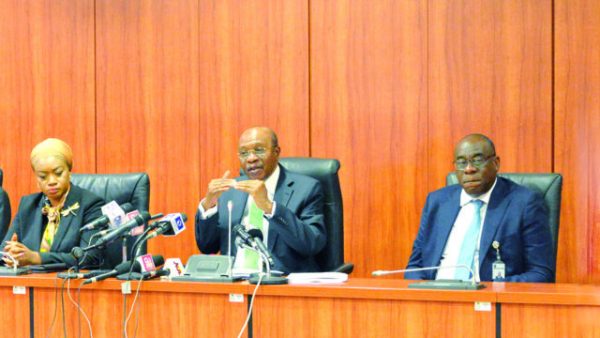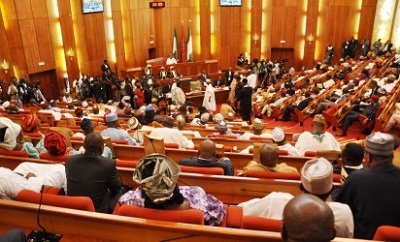New Dawn For Nigeria’s Cashless Policy

Following the Central Bank of Nigeria (CBN) circular which stipulated imposition of charges on deposits in addition to already existing charges on withdrawals, Nigerians have been in awe, just as economic experts have been singing varying tunes in interpretation of the development.
The charges, which took effect from Wednesday last week, will attract three per cent processing fees for withdrawals and two per cent processing fees for lodgments of amounts above N500, 000 for individual accounts.
For corporate accounts, the apex bank in the circular said that DMBs would charge five per cent processing fees for withdrawals and three per cent processing fee for lodgments of amounts above N3, 000, 000.
The statement, however, disclosed that the charge on deposits would apply in Lagos, Ogun, Kano, Abia, Anambra, and Rivers States as well as the Federal Capital Territory.
CBN also announced that the nationwide implementation of the cashless policy would take effect from March 31, 2020.
To further promote the cashless policy and enhance the collection of applicable government revenues, the CBN also announced a review of the process for merchant settlement.
The multifarious challenges of the cashless services channels like the Automated Teller Machines (ATMs) and Point of Sale (POS) machines which have become liabilities for banks and e-payment service providers like malls and shops, may be major challenges to this policy; while most states do not have effective network coverage particularly for data services. So, in such locations it would be difficult to do internet payment and mobile banking.
With the new charges seen as additional factors to boost the nation’s cashless policy, the development is also expected to compel the telecommunication companies to improve their services especially in rural areas.







